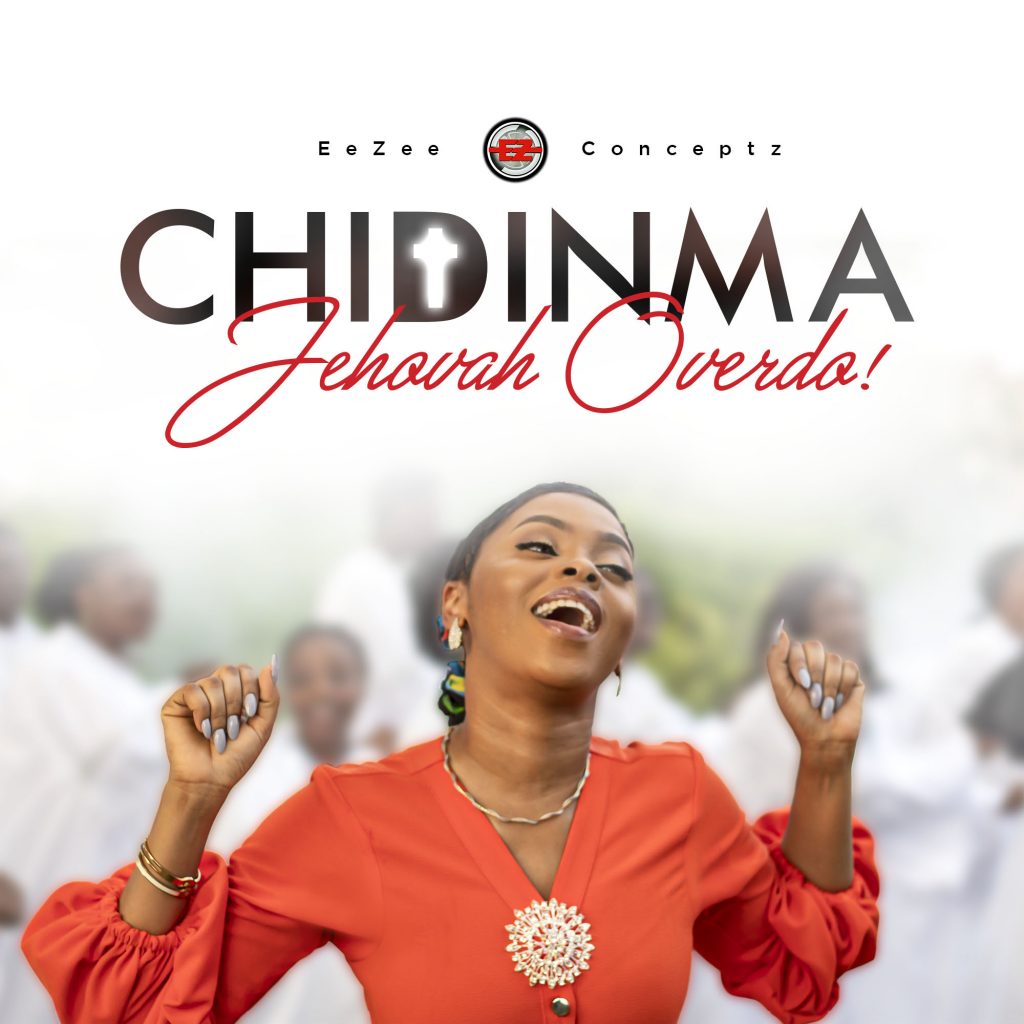Hip Hop in
Nigeria has gradually grown from something that was largely alien in the 90s
to a big mainstream show today. At every stage in the journey towards
acceptability, there were individuals who worked hard to push the music genre
to a wider audience. Today, it is the turn of the Choc Boys drawn largely of
J-Town in heart of the nation. One of them is Ice Prince whose latest project
is a single titled aboki.
When Ice
Prince released aboki, I just waved it aside because of the
title which is a local Hausa vernacular that means a ‘friend’ I have that
tendency for one to feel that local vocabulary doesn’t fit well in Hip Hop. The
audio and video of aboki reminded me, once again, that a
guy with the right talent will always find a way to get it right. That is what
talent is – an unusual ability to do something. Just a word cannot create an
impression that music should in the mind of a fan. It takes the song with the
usual modules such as the lyrics and the poetry, the flow, the beats, melody
and the feel. Currently the Choc Boys rule the nation and the continent when
all these are taken into consideration.
Ice Prince
has given another piece of entertaining material to engage fans but has also shown
he has a sense of maturity and responsibility. Hip hop has always been viewed
as the business of adolescents who don’t know the pains of society. This is a
misconception for people outside the periphery of the art. Ice Prince has shown
this with his new single. Nigerian has always been, sadly, two nations in one.
The northern and the southern halves have always reflected that remarkable
cultural contrast. It explains why Nigerian music artistes from the South
always consider it necessary to do a song that the northern fans can relate to.
Style Plus, Dare ‘Art’ Alade, Onyeka Owenu, Tuface, Faze and many others all
have songs made primarily to appeal to the northern fans. Aboki is the latest of such songs. In the
song, Ice Prince is heard calling the names of prominent northerners and
referring to them as ‘his guys’ or friends. To get the northern fans to really
appreciate the song, the video shows him wearing a white Arabic type of wear
and works bare foot in a beautiful and sprawling desert landscape. As usual,
the magic in the song is Ice Prince’s extraordinary fervor, poetry, flow and
flamboyant flair, compelling one to hold his head between his hands.
The
authorities since the military era have often spent money to air documentaries
in foreign media organizations to get the world to understand the Nigerian
nation better but to no avail. Even during the era of Dora Akunyili as
Nigeria’s Minister of Information, there was the ‘Re-brand Nigeria’ thing aimed
at changing the attitudes of Nigerians with the sole purpose of correcting the
modest appeal of the nation abroad. One thing that contemporary music has done
to the Nigerian nation is getting the world to understand, better, the kind of
nation Nigeria is. Ice Prince, from previous projects, has already made his
contribution towards presenting the right face of Nigeria abroad. His
popularity in Africa, Europe, North America and Asia measures the remote
perimeters of his role in rebranding the nation. Growing political differences
between the North and the South of Nigeria with remarkably bitter outcomes has,
unfortunately, tended to push the two regions further apart. Thus well meaning
Nigerians consider it a duty to work towards healing the cancerous situation.
The song, aboki, is,
without a shadow of doubt, an effort to mend the social division created by
political repulsion of the two regions.
While
hosting the victorious Super Eagles at African Cup of Nations of 2013 on
Tuesday 11th, 2013, Mr. President, Goodluck Jonathan, acknowledged
the fact that Nigerian youths have, through music, created a good image for the
country abroad. The victory of the Super Eagles, according to him, was another
demonstration of what the youths can do for the nation, this time, through
football. The Super Eagles members were given financial rewards and national
honors. The truth however is that music, more than football, is silently
chasing away the darkness around the nation. It is time the authorities begin
to give national honors to music artistes and not just footballers. When this
begins, Ice Prince should surely not be forgotten. Aboki deserves to win an award.






